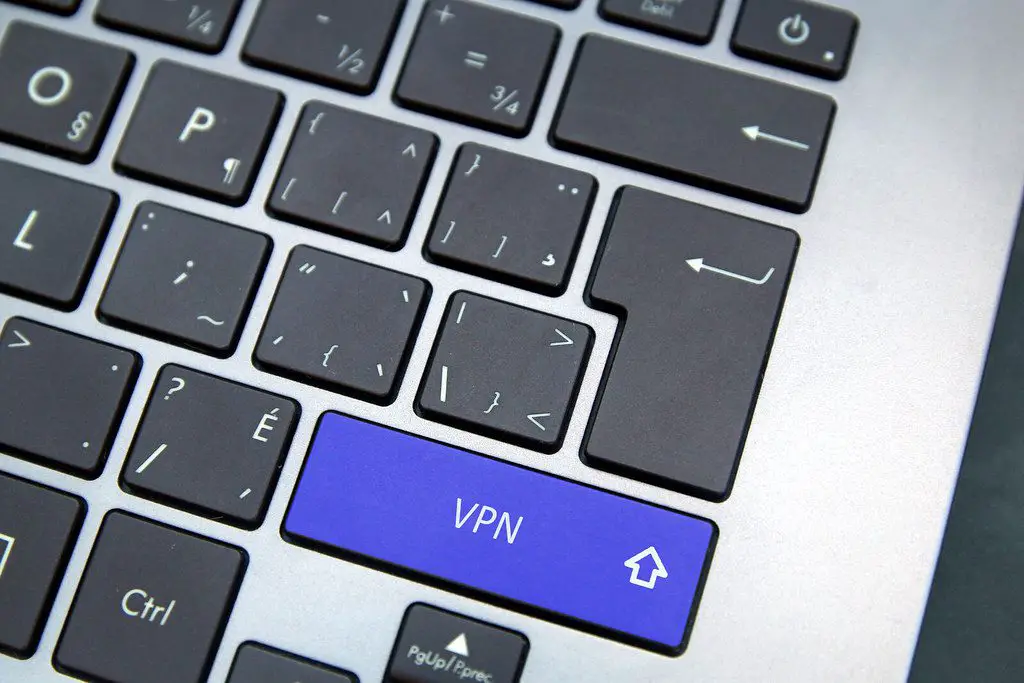
<p style="font-size: 0.9rem;font-style: italic;"><a href="https://www.flickr.com/photos/136770128@N07/40828818410">"VPN blue"</a><span>by <a href="https://www.flickr.com/photos/136770128@N07">Infosec Images</a></span> is licensed under <a href="https://creativecommons.org/licenses/by/2.0/?ref=ccsearch&atype=html" style="margin-right: 5px;">CC BY 2.0</a><a href="https://creativecommons.org/licenses/by/2.0/?ref=ccsearch&atype=html" target="_blank" rel="noopener noreferrer" style="display: inline-block;white-space: none;opacity: .7;margin-top: 2px;margin-left: 3px;height: 22px !important;"><img style="height: inherit;margin-right: 3px;display: inline-block;" src="https://search.creativecommons.org/static/img/cc_icon.svg" /><img style="height: inherit;margin-right: 3px;display: inline-block;" src="https://search.creativecommons.org/static/img/cc-by_icon.svg" /></a></p>
Best Ethical Hacking eBooks of All Time
Want to start learning how to become an ethical hacker? Or refine some skills and learn about the latest trends in the industry?
Ethical hacking or penetration testing has long been a fascinating topic for many but has increased in the last decade. Now, companies are looking to employ new white hat hackers. The demand for ethical hackers is expected to increase by 31% in the US alone between 2019 and 2029.
There are plenty of books on the subject, covering a wide variety of topics around ethical hacking. Here’s a list of some of the best ethical hacking ebooks to pick up right now (in no particular order).
1. The Basics of Hacking and Penetration Testing
Author: Patrick Engebretson
This is a fantastic book for anyone looking to start learning the fundamentals of penetration testing. It lays the groundwork for a successful penetration test by providing information on the necessary steps and tools. Each chapter systematically builds on the next, ending with helpful exercises designed to make the reader analyze their results.
2. The Web Application Hacker’s Handbook: Finding and Exploiting Security Flaws (2nd edition)
Author: Dafydd Stuttard and Marcus Pinto
This book covers the latest topics in web application vulnerabilities and exploits – and how to discover them. It goes into depth about the constantly evolving range of attacks, with a focus on the client-side. The book also covers a wide range of topics, including hybrid file attacks, new remoting frameworks, and HTML 5, among other things.
3. Hacking: The Art of Exploitation
Author: Jon Erickson
This book is one of the best introductions to ethical hacking for beginners. It covers basics; like network and computer security and the fundamentals of using C and shell scripts from a hacking perspective. The second edition was published in 2008, which does make this book a tad outdated. But it’s still a valuable source for anyone who’s just starting.
4. BackTrack 5 Wireless Penetration Testing Beginner’s Guide
Author: Vivek Ramachandran
Vivek Ramachandran is an expert in Wi-Fi security and wrote this book to help beginners learn the ins and outs of wireless attacks. The book provides in-depth information on various types of wireless attacks and practical exercises on how to discover them.
5. Advanced Penetration Testing: Hacking the World’s Most Secure Networks
Author: Will Allsopp
This book follows a multidisciplinary approach, covering social engineering, exploits, and programming to target high-security environments. Using real-world techniques as examples, the author gives a detailed take on advanced tools and even provides instructions on creating new tools from scratch.
6. Social Engineering: The Science of Human Hacking
Author: Christopher Hadnagy
The pivotal role that social engineering plays in cyber attacks has become prevalent in recent years. This book takes a look at some of the most used social engineering threats with real-world examples. While people can’t be “programmed,” the book does provide insights on how to adopt proper counter-measures to these types of attacks.
7. The Hacker’s Underground Handbook
Author: James Pendleton
How does one counter a hacker? The best way is to think like one. Author James Pendleton gets into the “hacker’s mindset” and gives an interesting analysis of the methods hackers commonly use. It covers a wide array of topics, including password security, web applications and networks, port scanning, and footprinting.
8. Practical Malware Analysis: The Hands-On Guide to Dissecting Malicious Software
Author: Michael Sikorski & Andrew Honig
This book describes the tools and methods cybersecurity analysts use to protect against and deal with malware. It covers various aspects of the topic, including creating a safe virtual environment to analyze malware and how to clean out the offending infection.
Conclusion
This is probably redundant, given that ethical hackers are very security-conscious, but remember to stay safe when downloading ebooks online. Use a VPN service, if necessary, to keep the connection private and secure when searching for and downloading new books.
Stick to reputable sites, of course! Free PDFs can be tempting but may end up costing a steeper price than buying the book. No one wants their introduction to ethical hacking to start with a malware infection.